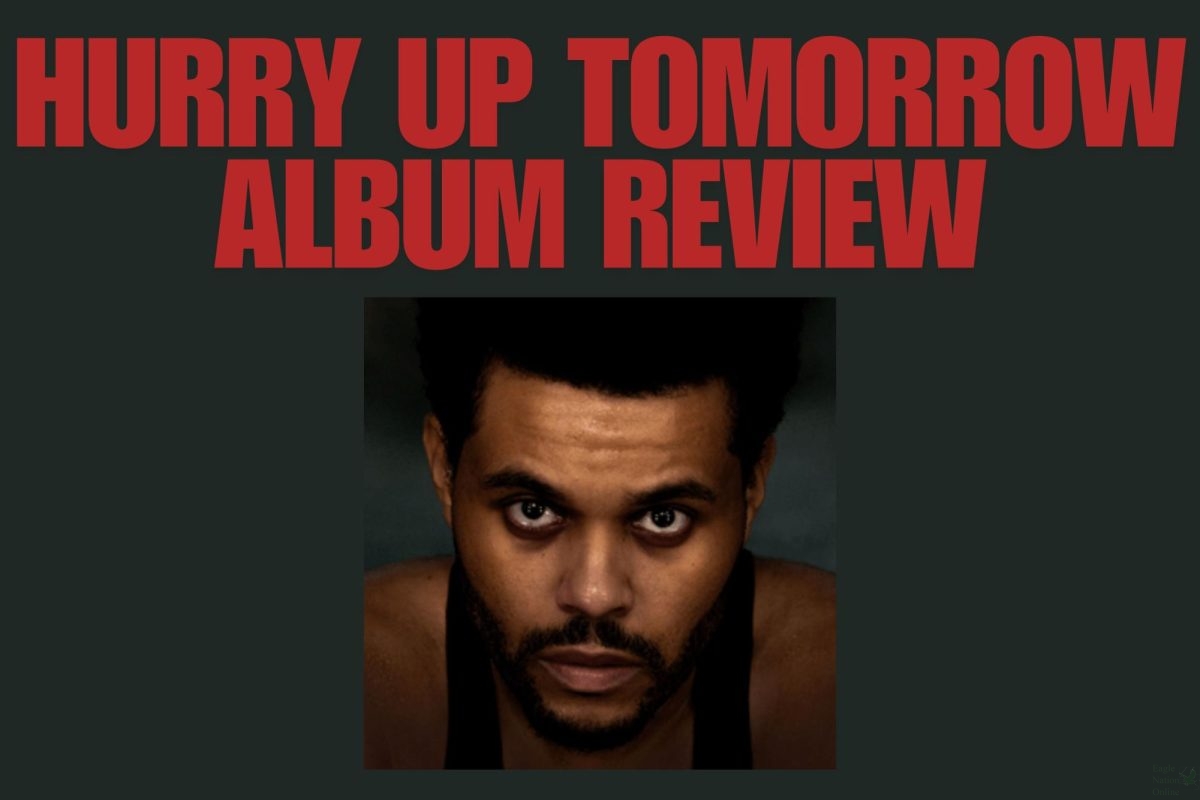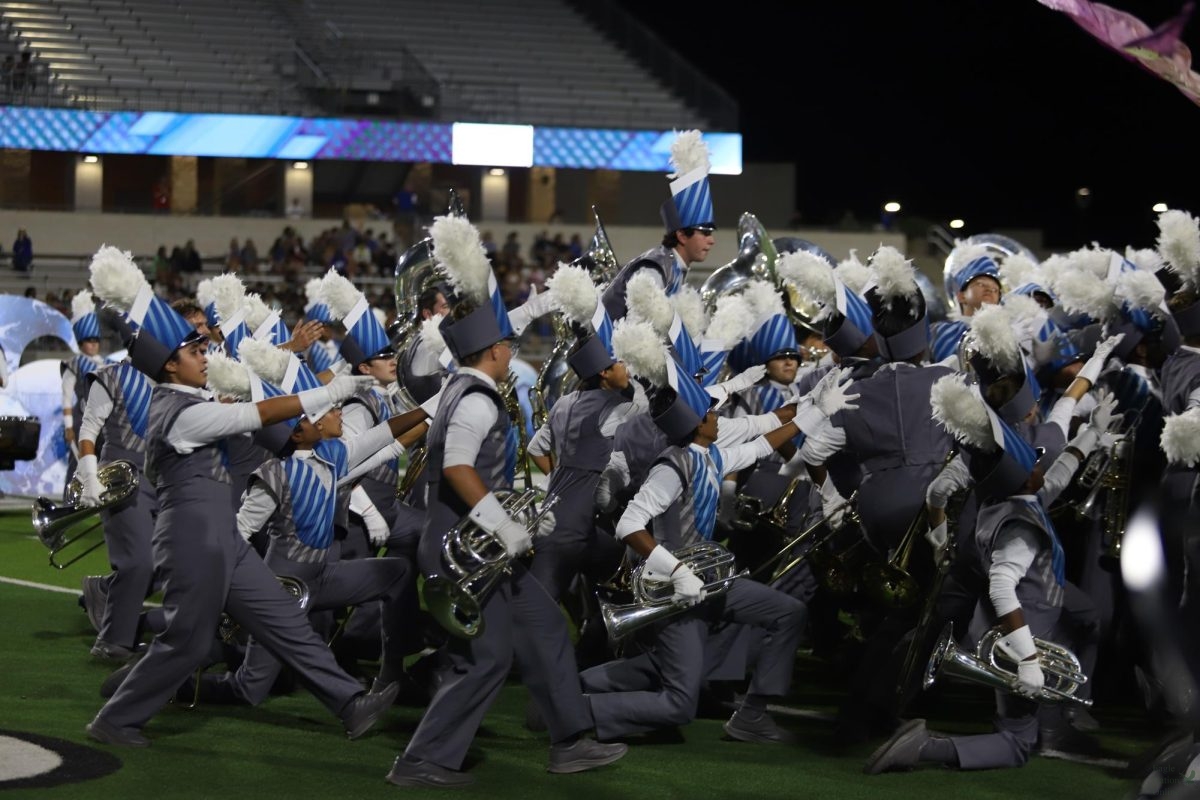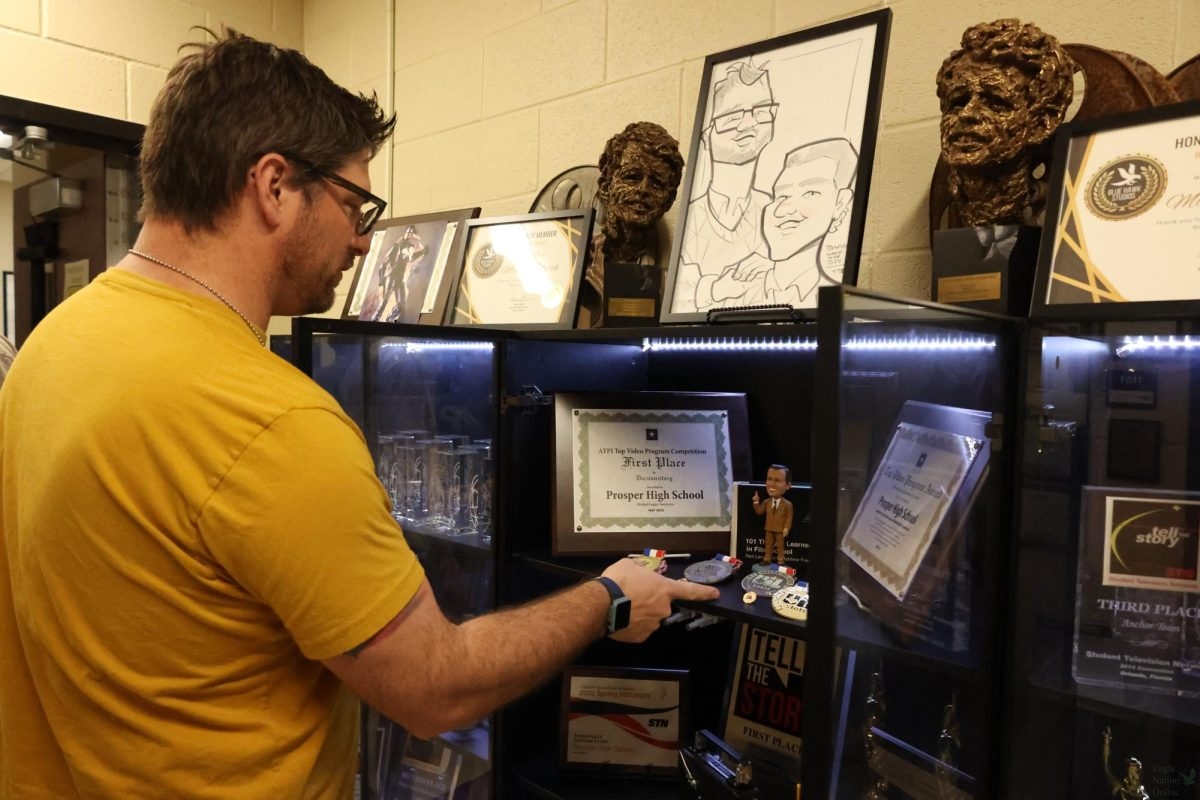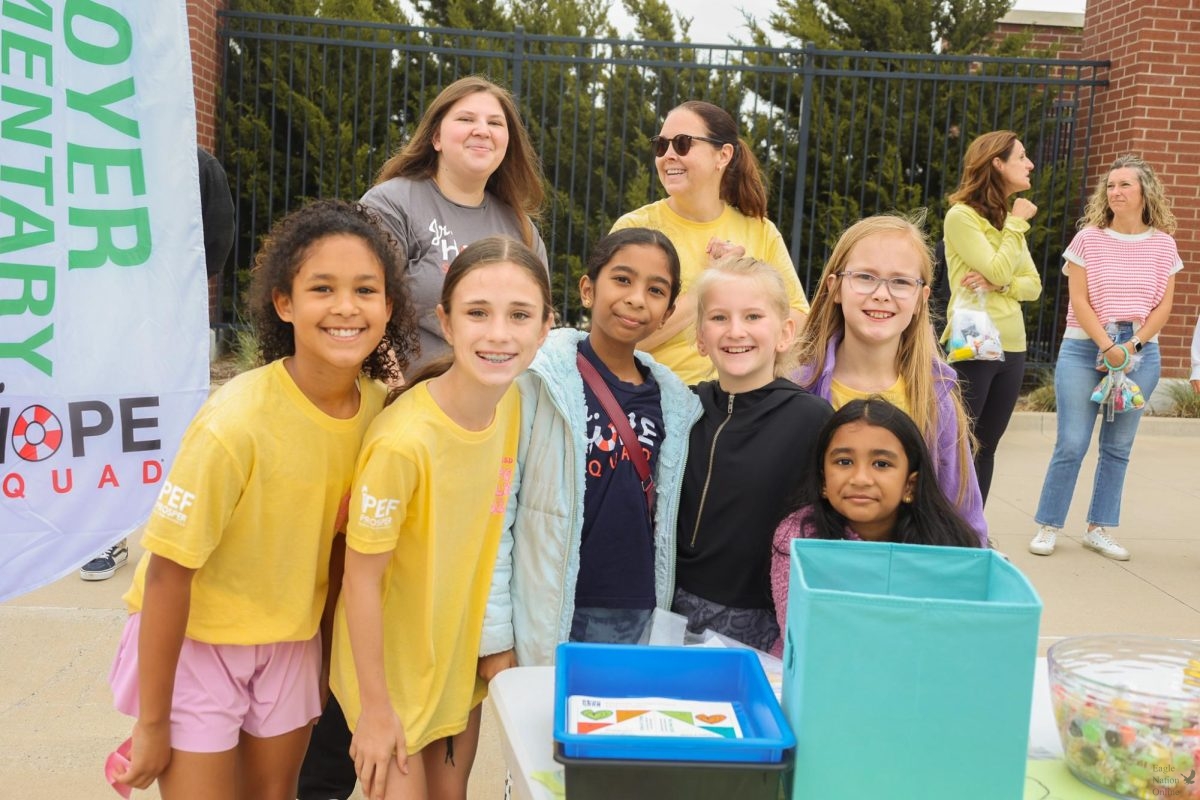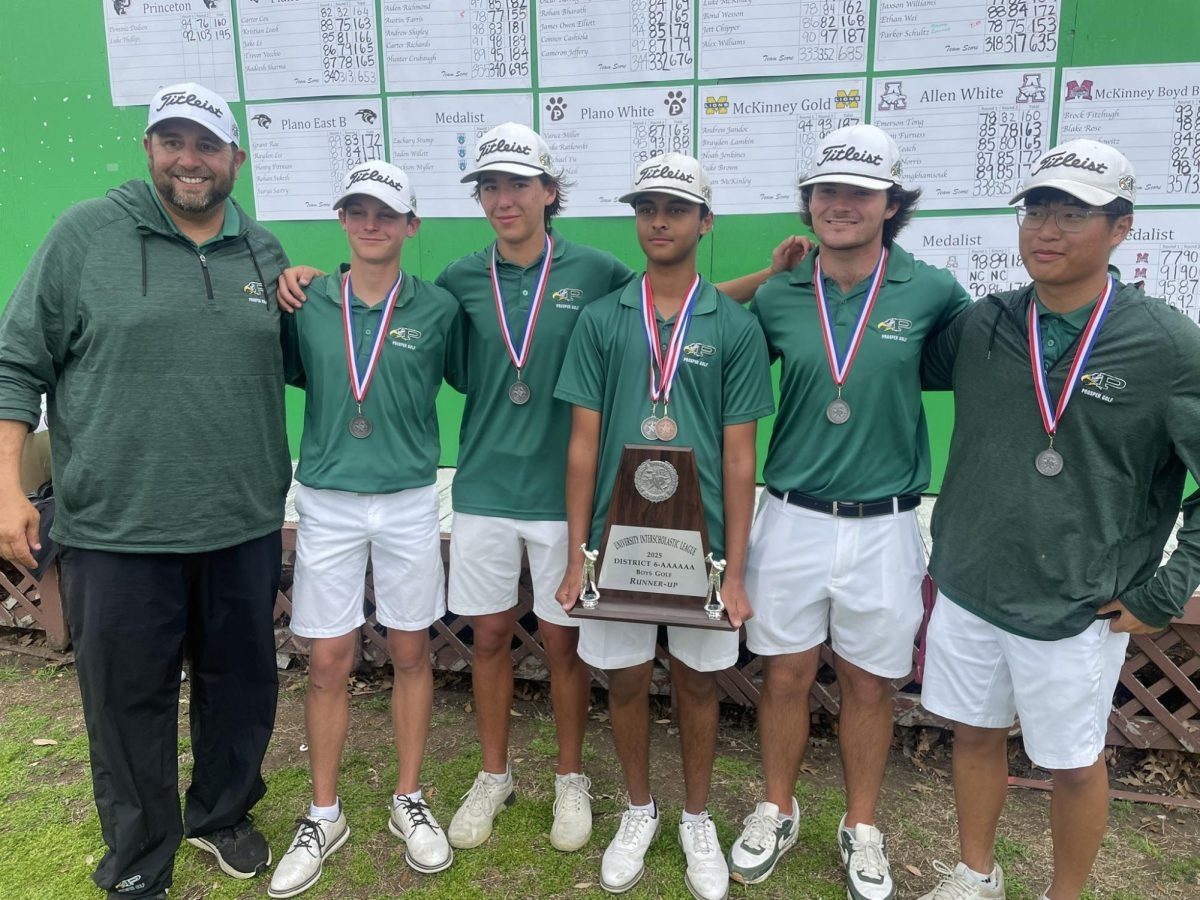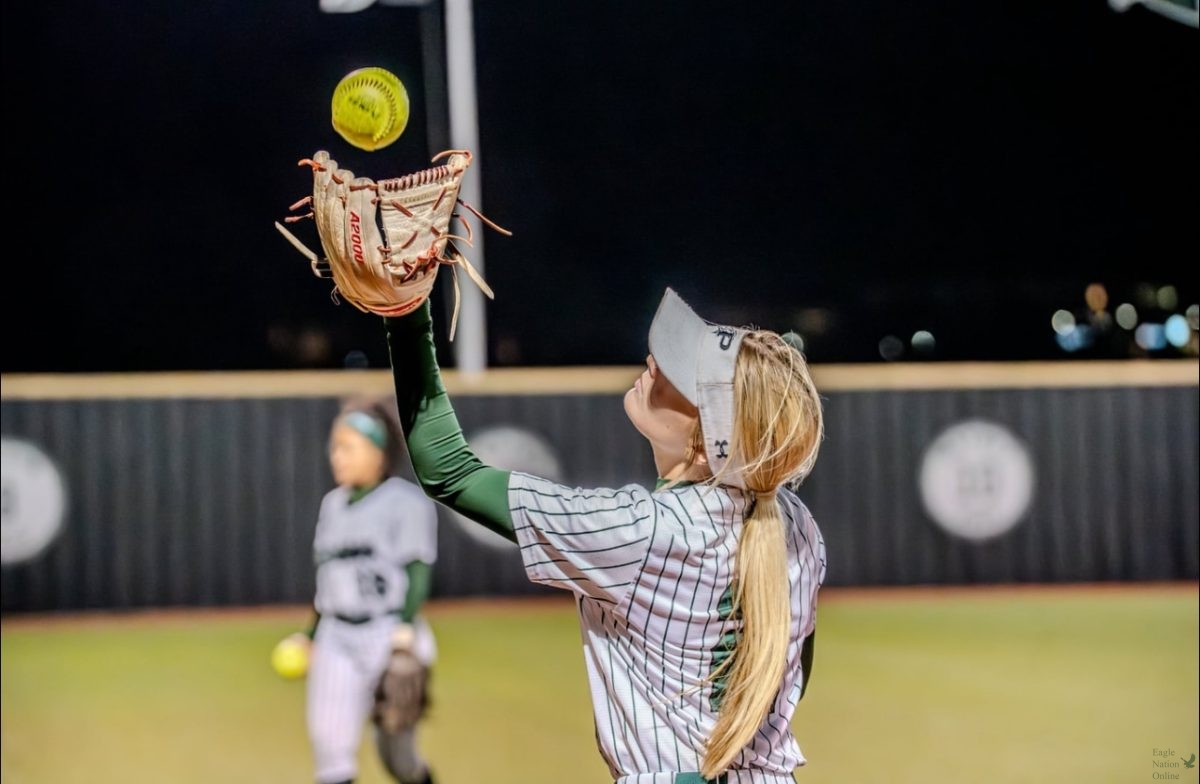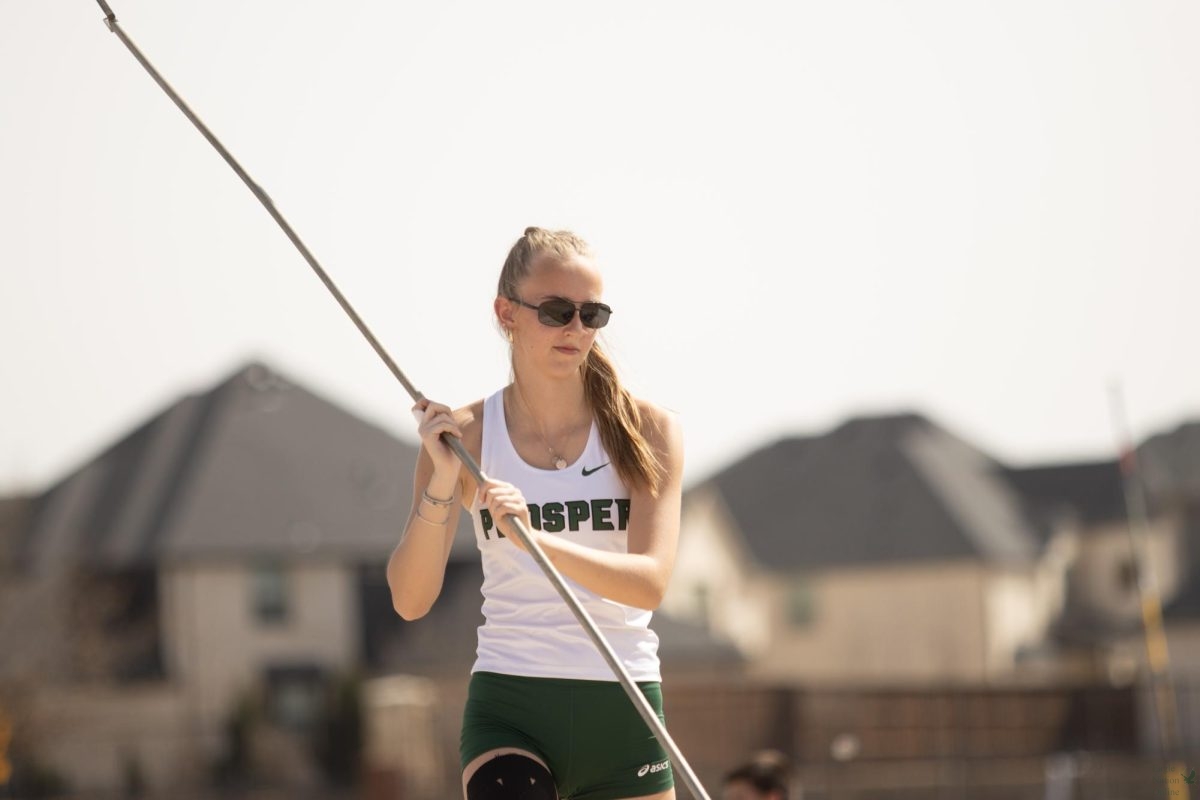In the face of a potential season-ending injury, senior Eli McWard looked to his “backbone” – aka his multi-sport support team – to keep him on track. Then, he overcame a stress fracture and other challenges to earn first place Oct. 14 at the African Championships triathlon event.
McWard started triathlons early at the age of 5, and then in middle school he said he had to make the decision of prioritizing it over his other sports.
“I just did like a local youth triathlon,” McWard said. “I really wanted to decide what sport I wanted to continue doing. Triathlons was what I was enjoying the most, so I kind of decided to focus on that.”
McWard switched from the cross country team to the swim and dive and water polo teams this past year.
“I played a lot of soccer growing up, and then I kind of got into running,” McWard said. “And then I ran cross country all throughout high school to junior year, and then also water polo this past year. So, I guess training for three sports has kind of led me to do other sports.”
McWard ran cross country with senior Max Miller throughout high school.
“I’ve never seen a person that is more focused on athletic dominance than Eli,” Miller said. “He has given so much to triathlons, and it’s paid off in a big way because nobody trains harder than him. He’s been doing ‘tris’ (triathlons) since I met him, and he’s just gotten bigger and stronger every year.”
McWard trains around 25 hours a week year-round.
“My season is like spring and summer,” McWard said. “I’d say, typically, I’m running seven days a week, if not multiple runs a day. And then, during the season, I’m probably swimming every single day. During the offseason, I swim a little bit less. So it’s probably like four to five times a week, and then biking four or five times a week as well.”
According to McWard, the way he trains is what differentiates between off-season (fall and winter time) and during-season.
“A lot of times, the sessions during the off-season are just longer and slower,” he said. “Then, during the season, the sessions are shorter – you save a little bit more intensity. Each sport is broken up every single day.”
McWard said his time and dedication have brought major results over the years.
“I’d say biggest achievements so far would be winning the national championship for the youth division in 2021 and in 2020,” he said. “Then in 2022, I qualified for the Junior World Team. And, so I got to spend two weeks in Europe racing, and then, I raced Junior Worlds in Canada.”
He trained and raced in Europe alongside other triathletes close in age on the USA national team against athletes from all over the world. His races within his age range in Europe and Canada included about 50 competitors.
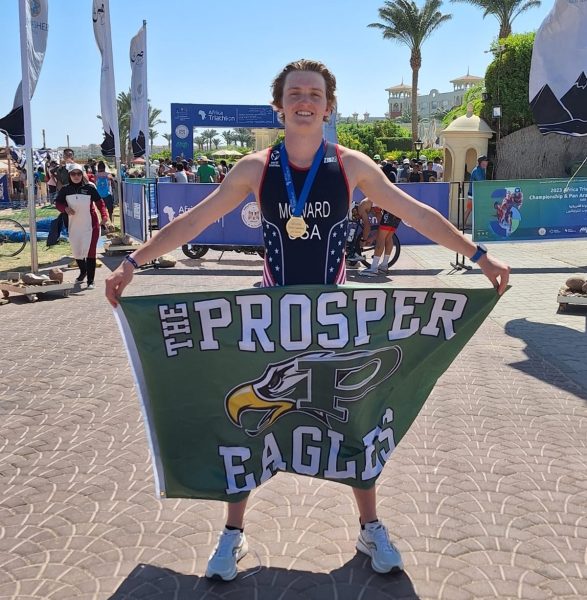
“I’d say racing in Europe was probably my favorite experience because of how big the sport is over there,” McWard said. “It’s cool to be racing with roads lined with spectators. Europe just has a lot more triathletes, and that’s where like a lot of bigger pro races are held. So, a lot of times you’ll see they follow the sport more.”
After his 2022 successful triathlon season, he moved on to cross-country in the fall – where he experienced an injury.
“I think the biggest hurdles would be injuries,” McWard said. “Coming off of last year’s cross-country season, I had a stress fracture, and so that was really hard because it kind of affected a lot of the beginning of my triathlon season last year (2023 season), and the beginning of the season races are kind of your qualifiers to go to the bigger races at the end of the season.”
Through physical therapy, time, and different training, he was able to begin to heal his injury.
“So, because of that injury, I wasn’t in shape to qualify for a junior world race again this past year,” McWard said. “So that was hard not getting to go back to Junior Worlds, but I think it just gave me more time to stay here this summer and like just get a really good training block instead of being so interrupted by travel and training. So, I think that’s been encouraging, and just trusting that like, you know these years aren’t necessarily the years that matter, and, focusing on my development for when I’m 21, 22 – when it really starts to matter.”
Despite these challenges, McWard still found success at the end of his season.
“Then, this past year, I was fifth at junior nationals,” he said. “I just recently won a championship like the African championships.”
Hosted in Hurghada, Egypt, McWard placed first at the 2023 African Championships against international athletes.
“I think my long-term goal is eventually to make it to the Olympics,” McWard said. “I’d say short-term goals – winning the Junior World Championship within the next two years would be awesome. Also, getting on the USA triathlon’s national team is big in helping the supporting money side of the sport. I think I had gone with the kind of pathway that people go – win Junior worlds, win U-23 worlds, and then start winning big races or the pro races. ”
In order to achieve his goals, McWard wants to become a full-time professional triathlete after high school. He explained that, currently, only women have triathlon teams at the college level, and not men, so college recruitment is not an option.
“So, a lot of junior triathletes will just go pro right out of high school,” McWard said. “There’s a few training groups in Arizona that I’m looking at joining, and a lot of times, especially as (triathlete) juniors coming right out of high school, they’ll do some sort of education, whether it’s online, or they’ll go to maybe a college. But, they’re living in an area where their coach is there, and they have other athletes that they train with all the time. And, then obviously during the summer, you’re racing as your job. You’re racing professional races, sponsorships, things like that.”
McWard said his goals would not be possible to achieve without what he values most – his support from his coaches, family and friends. Head coach Morgan Johnson Hoffman has coached and supported him for the past six years.
“Eli has grown a lot in terms of performance – earning a national title and representing the United States at his first world championship, as well as his first race as a professional athlete this past summer,” Hoffman said. “He has also grown into a leadership role within our club team, always taking a moment to encourage his teammates and set an example for positive attitude and hard work at team training sessions. I look forward to seeing how his professional triathlon career develops once he finishes high school.”
According to McWard, the guidance from coaches accompanied by positive encouragement from loved ones has kept his motivation consistent. McWard’s passion for the sport and in bettering himself brought him to decide to make triathlons his career.
“A good support team has been the backbone for whenever anything is both going great, but also not going great,” McWard said. “I think especially through the lows, when you’re doubting yourself, they’re the ones reminding you – ‘you love this sport, not because of your performances and how well you’re doing at races, but because you enjoy waking up every day and training and pushing yourself to find new limits.'”






